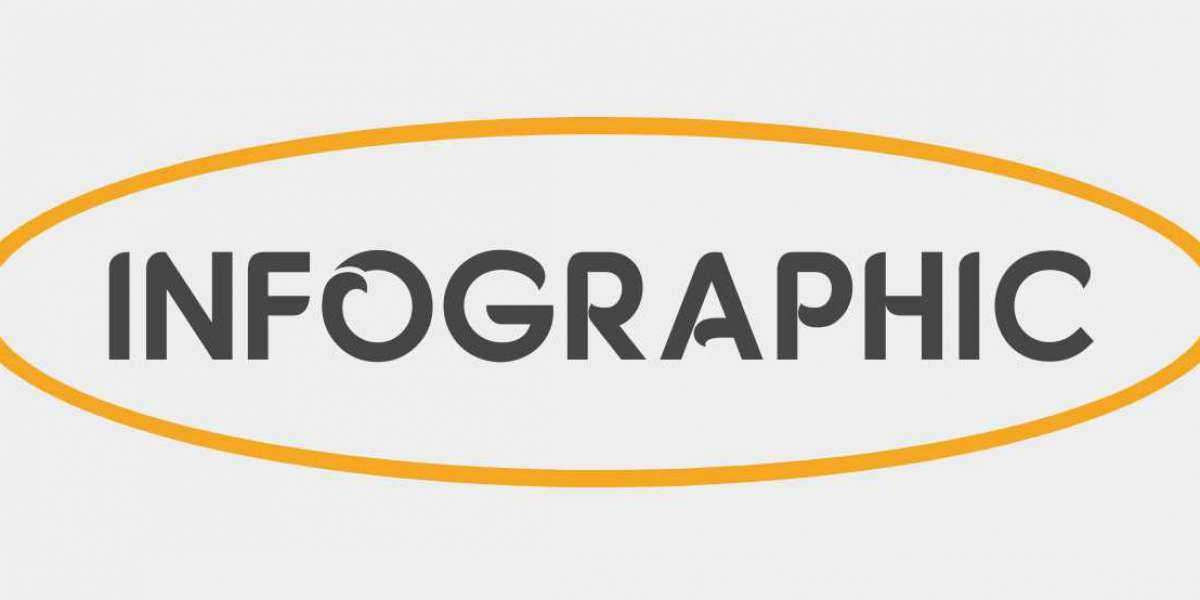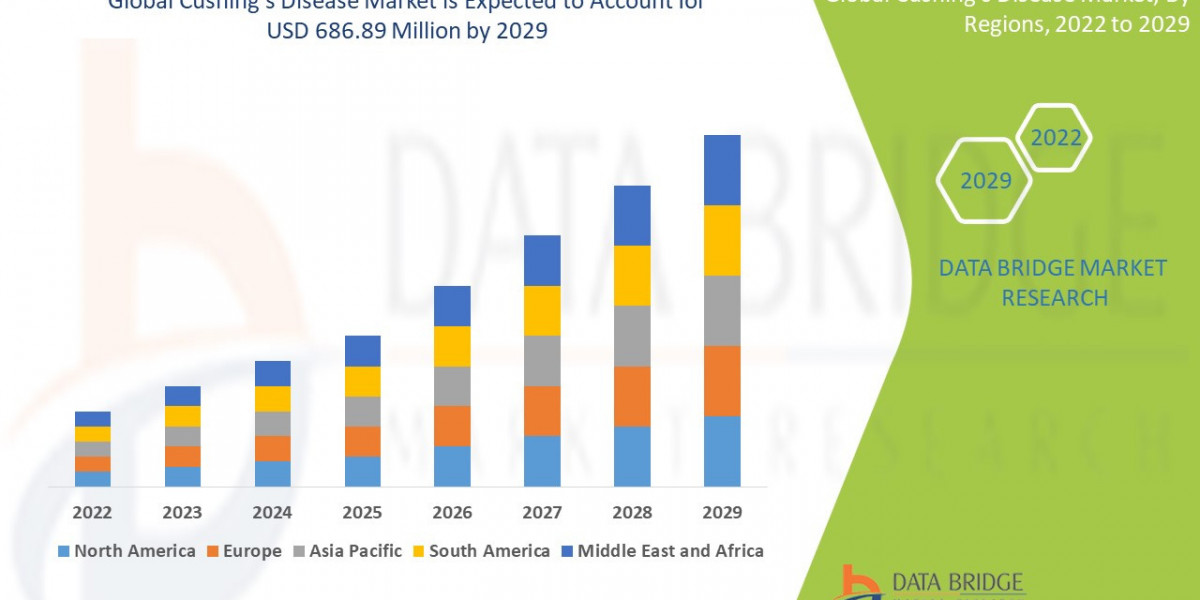Introduction
In Bangalore’s ever-evolving digital ecosystem, brands are no longer relying on single-channel marketing. Instead, they are integrating SEO services, social media marketing, and PPC campaigns to form a powerful trifecta of brand growth. However, achieving harmony between these channels is a challenge many local businesses face. This comprehensive guide explores how to effectively integrate these tools and overcome the pain points that stand in the way of success.
The Current Landscape: Why Integration Matters for Bangalore Brands
Bangalore, known as the Silicon Valley of India, is a hotbed for startups, tech companies, and innovative brands. With fierce competition and a tech-savvy audience, digital visibility is non-negotiable. But most businesses treat SEO services, PPC, and social media as separate entities, missing out on the compounded benefits of an integrated strategy.
Common Pain Points:
Inconsistent messaging across platforms
Overlapping marketing budgets with minimal ROI
Lack of coordination between SEO, social, and PPC teams
Keyword cannibalization and poor search visibility
Unclear attribution of results and revenue
The Solution?
An integrated approach that allows each channel to amplify the other’s impact, resulting in higher visibility, improved user experience, and better ROI.
Understanding the Role of SEO Services in an Integrated Strategy
SEO services are the backbone of long-term online visibility. They build a foundation through keyword research, on-page optimization, technical audits, and content creation. While SEO takes time to show results, its effects are sustainable and cost-efficient over the long run.
Pain Point: SEO Takes Time
Many Bangalore startups abandon SEO too soon due to the delayed return on investment.
Solution:
Combine SEO with PPC for immediate traffic while SEO matures.
Use social media to distribute SEO-optimized content and gain backlinks organically.
Focus on technical SEO improvements to boost short-term rankings.
By setting realistic expectations and supporting SEO with PPC and social media, brands can remain visible during the ramp-up phase.
Leveraging Social Media to Support SEO Services
Social media doesn’t directly influence search rankings, but it significantly affects SEO in indirect ways.
Pain Point: SEO Content Lacks Engagement
Well-optimized blog posts and landing pages may go unnoticed without promotion, especially in niche markets.
Solution:
Share blog content on platforms like LinkedIn, Instagram, and Facebook to increase reach.
Use branded hashtags and geotags to attract local Bangalore traffic.
Encourage shares and backlinks through influencer collaborations.
Social signals like traffic spikes, shares, and engagement send positive indicators to search engines. Over time, this improves domain authority, boosting rankings.
Pro Tip:
Use tools like UTM parameters and Google Analytics to track how social traffic supports SEO goals.
How PPC Complements SEO Services
PPC (Pay-Per-Click) advertising, especially through Google Ads and social media platforms, offers instant visibility. While SEO builds over time, PPC can test keywords, messages, and CTAs in real time.
Pain Point: High Bounce Rate on Paid Campaigns
When users click on a PPC ad but quickly leave the page, it signals poor landing page relevance — often due to weak SEO alignment.
Solution:
Create SEO-optimized landing pages for PPC campaigns.
A/B test headlines and CTAs using SEO insights.
Use PPC data to identify high-converting keywords and incorporate them into your SEO strategy.
By aligning ad copy with SEO content, businesses create a consistent experience that improves Quality Scores and reduces CPCs.
Building a Unified Keyword Strategy
An integrated marketing blueprint must begin with unified keyword research. Disconnected teams often end up targeting overlapping or conflicting keywords.
Pain Point: Keyword Cannibalization
Multiple pages targeting the same keyword across SEO, PPC, and social media dilute authority and confuse Google.
Solution:
Conduct a master keyword audit combining PPC, SEO, and social insights.
Assign specific roles: long-tail keywords for SEO blogs, commercial intent keywords for PPC, and trending hashtags for social media.
Use tools like SEMrush, Ahrefs, or Google Keyword Planner to map opportunities across all channels.
A unified keyword strategy ensures that your content works together, not against itself.
Creating Consistent Brand Messaging Across Platforms
Pain Point: Fragmented Brand Identity
When your SEO content sounds different from your social posts or PPC ads, users lose trust.
Solution:
Develop a centralized content calendar that includes SEO blog posts, social captions, and ad creatives.
Align tone, voice, and visuals across platforms.
Ensure all teams — content, SEO, design, and paid media — collaborate on core messaging.
This consistency not only reinforces brand identity but also leads to better customer retention and conversion.
Leveraging Analytics for Integrated Success
To measure the success of an integrated strategy, brands must track the right KPIs across all channels.
Pain Point: Unclear Attribution
Brands often struggle to attribute leads or conversions to the right channel when multiple touchpoints are involved.
Solution:
Use Google Analytics 4 for better multi-channel attribution modeling.
Track assisted conversions to see how social media and SEO support PPC.
Monitor bounce rates, session duration, and engagement across traffic sources.
An integrated dashboard can visualize which combinations of SEO, social, and PPC bring the best results — informing smarter decisions.
Building a Collaborative Team Culture
Even the best strategies fail when teams work in silos.
Pain Point: Departmental Misalignment
When SEO, PPC, and social media teams operate independently, miscommunication leads to wasted effort and budget.
Solution:
Hold monthly alignment meetings to review goals, progress, and campaign overlaps.
Use shared project management tools like Trello, Asana, or Notion to track tasks.
Encourage shared KPIs such as overall traffic growth, lead quality, and ROI.
Collaboration fosters innovation — a must for brands competing in Bangalore’s dynamic marketplace.
Case Study Example: A Bangalore-Based Fashion Brand
A mid-sized fashion label in Bangalore integrated their SEO services with social and PPC campaigns. Here’s how it worked:
SEO team identified “eco-friendly fashion in Bangalore” as a key long-tail keyword.
Social team created Instagram reels showing behind-the-scenes sustainable practices and drove traffic to the SEO blog.
PPC team ran geo-targeted ads using terms like “Bangalore organic cotton dresses,” landing users on an SEO-optimized page.
Result?
Within 3 months, organic traffic increased by 42%, and ROAS on PPC improved by 35% due to lower CPCs from better landing page scores.
Key Takeaways for Bangalore Brands
Don’t silo your SEO services, social media, and PPC strategies.
Use social media to fuel SEO engagement and visibility.
Let PPC campaigns provide data for smarter SEO decisions.
Maintain brand consistency across all digital channels.
Track cross-platform metrics for holistic success.
Promote inter-team collaboration for sustained growth.
Partner with the Experts at Honeycomb Creative Support
If you're a brand in Bangalore looking to master this integrated marketing blueprint, look no further than Honeycomb Creative Support. With deep expertise in SEO services, PPC campaigns, and social media marketing, Honeycomb crafts tailored digital strategies that help your brand rise above the noise.
From startup launches to enterprise-scale campaigns, Honeycomb's unified approach ensures every marketing rupee works harder. They not only boost your online presence but also align your brand story across every digital touchpoint.










